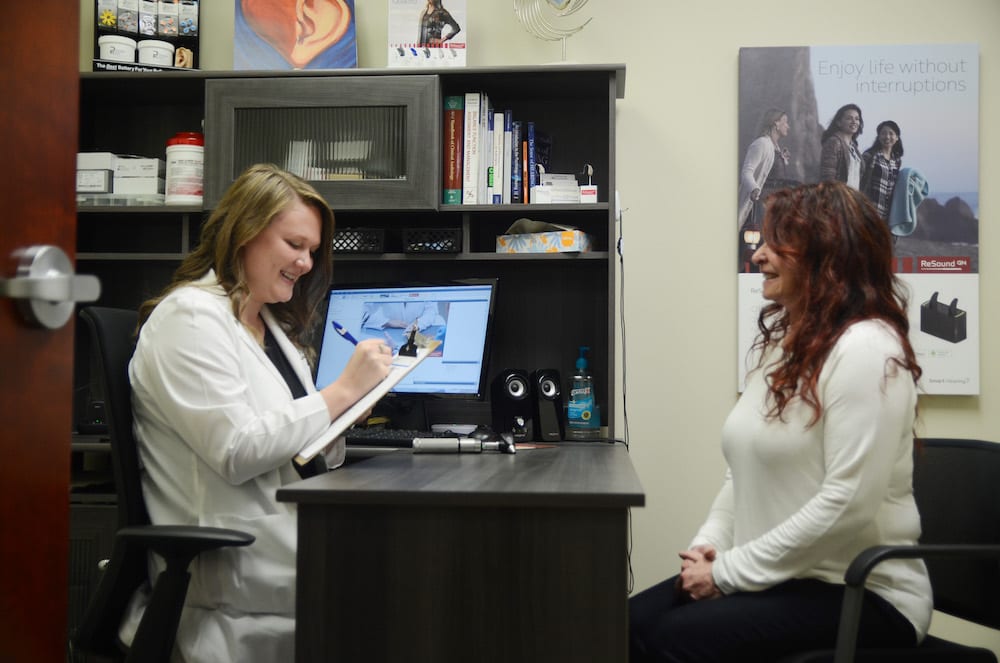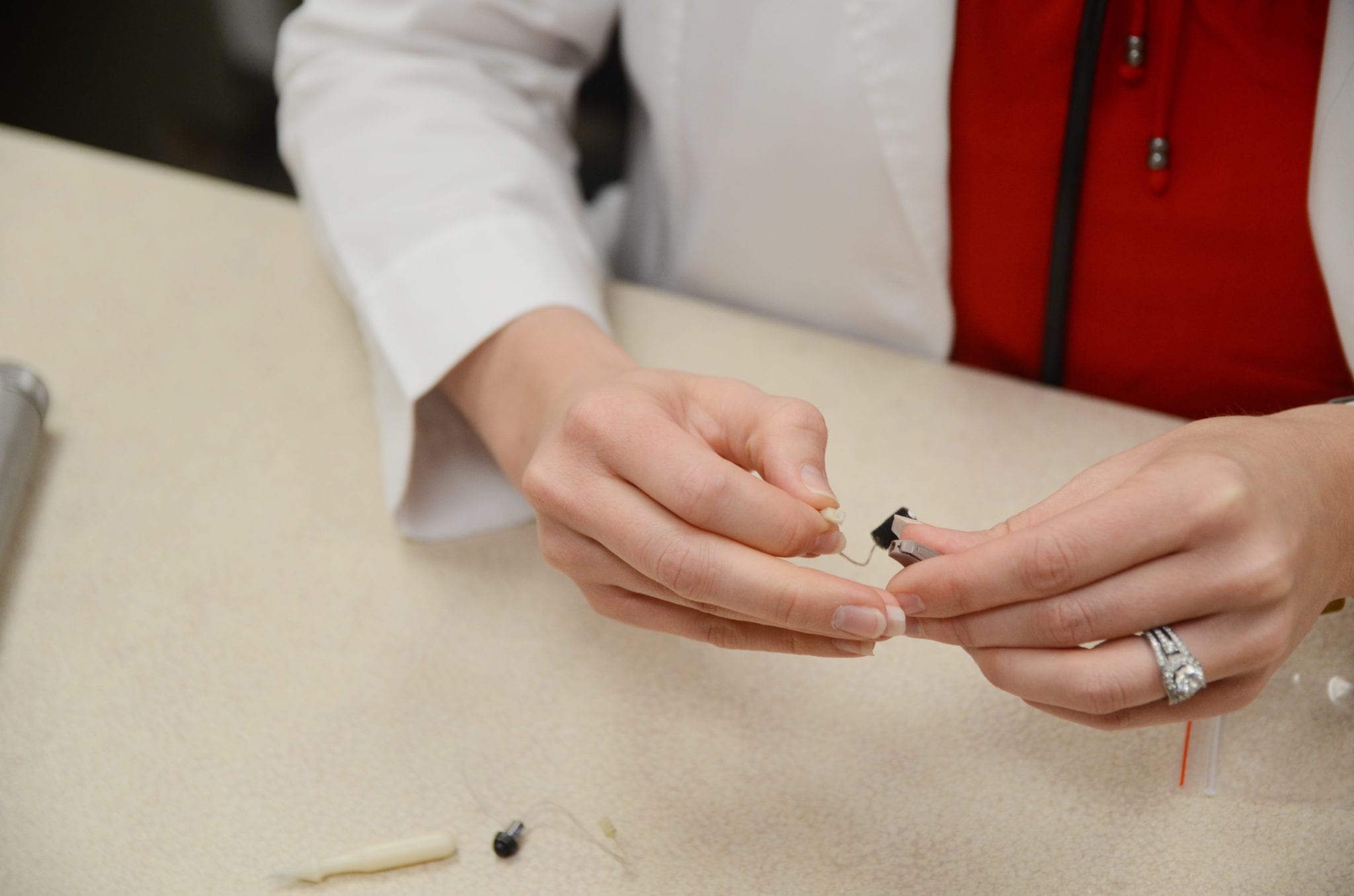Tinnitus is the term used for the hearing of noise in one or both ears – clicking, swooshing, buzzing, hissing, whistling, pulsing, ringing, or even music (though it’s rare). This sound(s) is only heard by the person with subjective tinnitus.
In more rare cases, tinnitus can be objective, which is a result from noise produced by the body’s internal functions and can be sometimes heard by the examiner.
This type of tinnitus only represents less than 1% of tinnitus cases.
Tinnitus can be a temporary or chronic condition that is usually a sign of a hearing or health issue, although this is not always the case, and it can be a symptom of a more serious underlying health condition.
Thankfully, there are ways to reduce the noise level of it with the right treatment.
According to the US Centers for Disease Control and Prevention (CDC), more than 50 million Americans suffer with some degree of tinnitus.
Those more likely to experience it are male, Caucasian, and older than 50
Effects of Tinnitus
Tinnitus often:
- Disrupts sleep
- Interrupts concentration
- Increases tiredness, making you less alert and more prone to accidents
- Can cause stress, anxiety, depression, and mood swings
- Is sometimes painful
- Can sometimes be debilitating to the point of having to quit work
The American Tinnitus Association (ATA) says:
Tinnitus doesn’t just impact hearing; it can cause a cascade of negative mental, cognitive, and physical consequences. The difference between tinnitus being a minor or major issue of the patients is less often related to how loud tinnitus is, but rather how the tinnitus impacts other facets of patients’ lives.
Causes of Tinnitus
The top two causes of tinnitus are health disorders (including aging) and loud noises, and loud work environments.
Loud-Noise Environments
Working in a loud environment can increase a person’s risk of tinnitus fivefold.
Loud environments are common for those in a military career; workers in agriculture, mining, construction, manufacturing, and transportation industries; musicians; hunters; and motorsport lovers.
Health Disorders
While more than 200 health disorders can cause tinnitus symptoms, the ATA says tinnitus can frequently indicate the presence of:
- Meniere’s disease – a vestibular problem
- Hearing loss
- Abnormal sensitivity or emotional reactions to certain sound volumes and noises
- Depression and anxiety
- Other vestibular conditions
Twenty-five percent of people over the age of 55 start noticing a reduced ability to hear high-frequency sounds in one or both ears.
Sadly, we at Physicians Hearing Care can’t slow down the aging process, but we can help relieve the tinnitus symptoms.
What to Do if You Think You Have Tinnitus
Anyone with tinnitus should visit us for a hearing evaluation and tinnitus assessment.
Tinnitus is usually an indicator of a hearing condition, so having your hearing tested will check if it’s okay.
An audiologist can also figure out the sound, pitch, and volume of your tinnitus and come up with a minimum and maximum sound-masking level that covers the perception of tinnitus.
This will help us when we devise your treatment plan.
If we believe the tinnitus is not hearing related, we can refer you to our team of highly trained physicians who can further investigate the possible underlying cause and possible treatment options.
Schedule a hearing assessment at one of our hearing centers today.
The hearing test only takes about 20 minutes and is non-invasive and pain free.
Treating Tinnitus
Sadly, there is no absolute cure for tinnitus, but we can combine several treatment options that can lessen the sound and improve the quality of daily life and your sleep.
Treatments can include:
- Hearing aids – the new technology advances in hearing aids are incredible
- Sound therapies – external noise therapy can mask the sound of tinnitus
- Behavioral therapies – can reduce negative emotional responses to tinnitus
- Drug therapies – can help with any related stress, anxiety, or depression
- TMJ treatments – if this is causing the tinnitus
- General wellness – staying as healthy as possible and limiting intake of anything that can trigger tinnitus such as alcohol and smoking
Preventing Tinnitus
- Increase your awareness of the volume of noise in your environment.
- Conserve and protect your hearing with earplugs, earmuffs, or noise-canceling headphones.
- Maintain your physical and hearing health to the best of your ability.
Contact us with any questions you have concerning your tinnitus. We’re here to help you.





